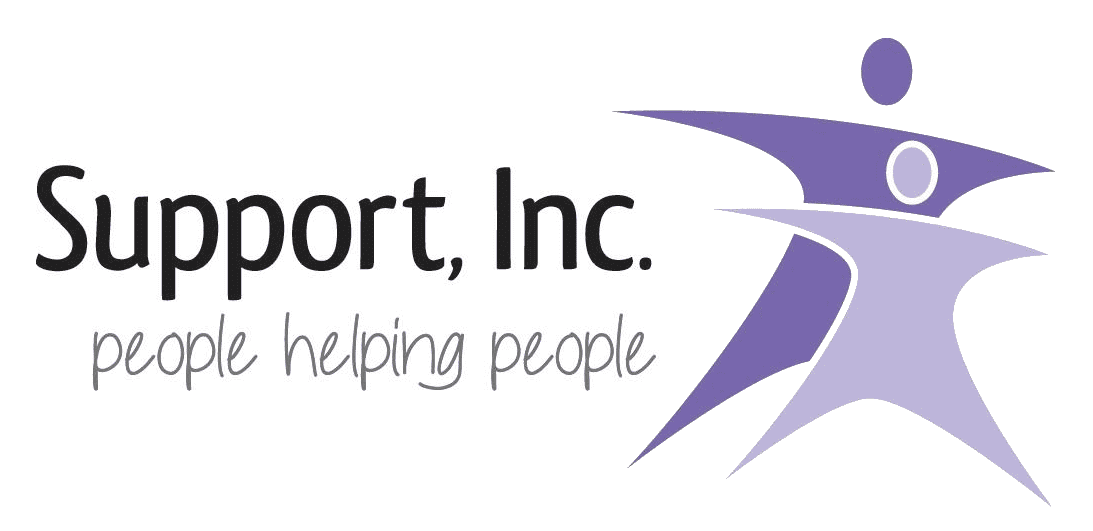This month we would like to take a moment to focus on self-care. We are “people helping people.” Self-care is utmost essential to do our jobs to best of our ability and take care of the people we serve. You may be wondering what is self-care? It seems as simple as doing something for yourself, but it is a multidimensional, multifaceted process of purposeful engagement in strategies that promote healthy functioning and well-being. What this means is consciously taking the time to do things to promote your own physical, mental, and emotional health.
Self-Care is important because it improves resiliency, reduces burnout, increased energy, reduces stress, anxiety, and depression, makes relationships stronger and improves happiness.
There are 5 types of Self-Care
- Physical: Sleeping well, eating a balanced diet, exercising
- Social: maintaining relationships while also keeping healthy boundaries
- Mental: practicing self-compassion, positivity. Engaging in mentally stimulating activities.
- Spiritual: incorporating meaningful activities into your daily life
- Emotional: healthy ways to manage emotions and express feelings
According to the Substance Abuse and Mental Health Services Administration (SAMHSA, 2014), some important self-care strategies include the following:
- set aside daily time to relax and reflect on the positives
- create a daily schedule or routine to create structure
- set boundaries to create work/life balance
- stay informed, but limit time listening to the news about a crisis
- strengthen your support networks
- exercise or move your body daily
- manage your sleep
- stay connected to your community (volunteer)me examples of self-care
